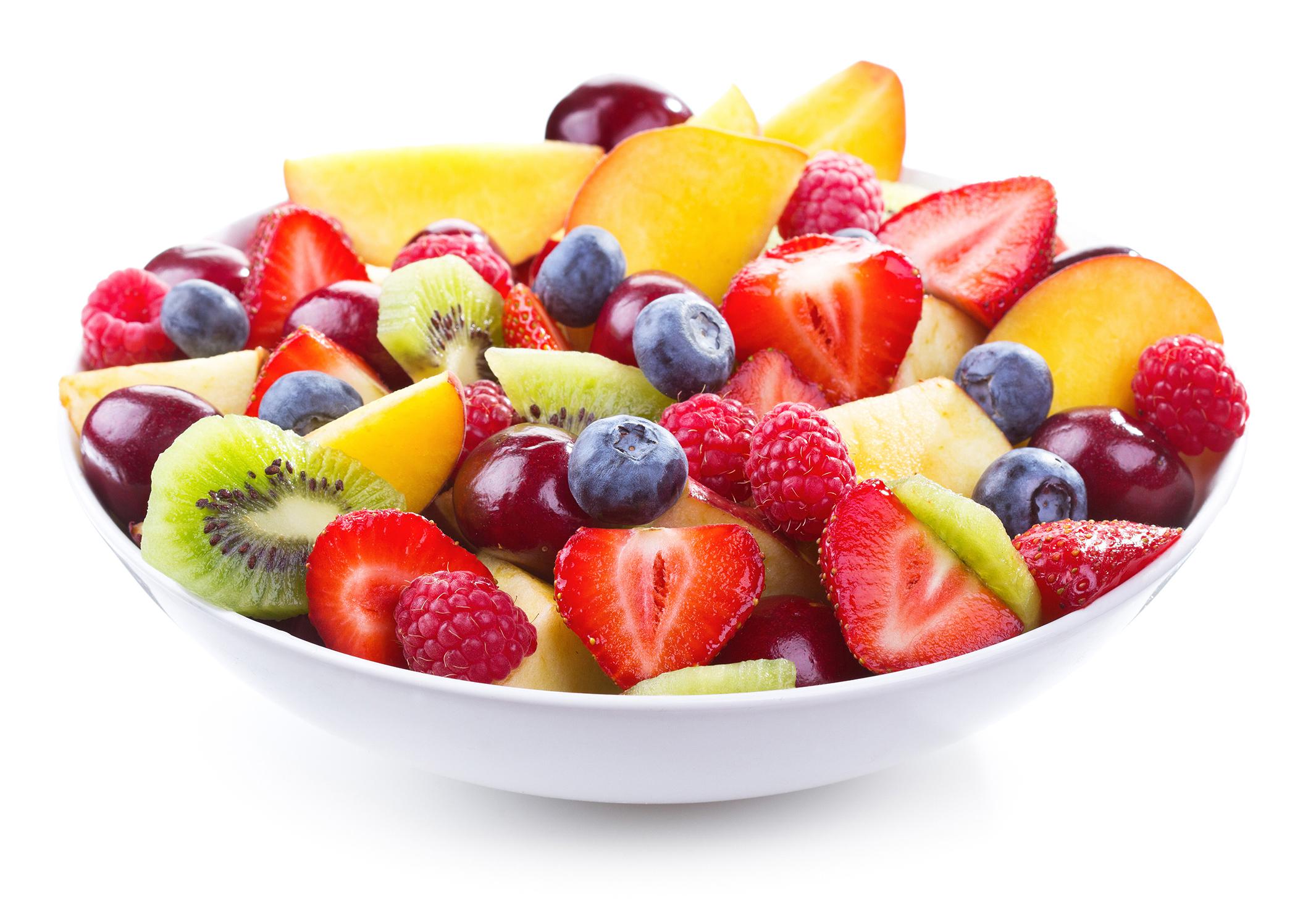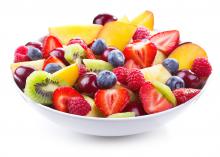Information Possibly Outdated
The information presented on this page was originally released on March 25, 2020. It may not be outdated, but please search our site for more current information. If you plan to quote or reference this information in a publication, please check with the Extension specialist or author before proceeding.
Nutrition, exercise help older adults stay healthy
RAYMOND, Miss. – As people reduce trips to the grocery store to help slow the spread of the new coronavirus, older adults should pay special attention to what they put in their pantries.
“As we age, we don’t need as many calories, but we still need the same amount of nutrients or more of certain nutrients,” said Qula Madkin, an Extension instructor of nutrition in the MSU Department of Food Science, Nutrition and Health Promotion. “Maintaining a nutritious diet helps our body systems work properly, including our immune system.”
Older adults can find plenty of shelf-stable and frozen items that will provide all of the essential nutrients, such as vitamin D, calcium, B12 and potassium, as well as fiber and healthy fats.
“People should think about buying a variety of items so they have things that can be eaten alone, combined to make meals, and that will make good leftovers,” Madkin said.
She also said people should consider what their food preferences are and what best meets their needs.
“Because we should be staying at home as much as possible, buying in bulk can be a good option for some people,” she said. “If you live alone or don’t have much storage or freezer space, that might not be the best option. This isn’t the time to try something new, either. Stick with foods you enjoy and know how to cook. If you don’t like brown rice or aren’t sure what quinoa or barley are, don’t buy them.”
Good choices for the freezer include chicken, fish, beef, vegetables and fruits. Some fresh items, including bread, milk and soft cheeses, can be frozen. Pantry items that can provide essential nutrients include nut butters, rice, oatmeal, popcorn, applesauce, dried beans, low-sugar cereals, low-sodium canned vegetables, fruits canned in their own juices, and low-sodium canned or packaged tuna and salmon.
“Canned meats like Vienna sausage and Spam are very high in sodium and don’t offer much nutritional value, so they should be limited,” Madkin said. “If cost is an issue, it is important to know that canned meats, including chicken, are usually less expensive than canned fish like tuna or salmon.”
Frozen meals and meal replacement drinks could be helpful for older adults who have physical limitations or health conditions that make cooking difficult or impossible. She said shoppers should look for options that meet their nutritional requirements, such as meals with reduced sodium.
Staying hydrated also is important.
“As we age, we don’t get thirsty as often,” Madkin said. “Drink fluids throughout the day even if you aren’t thirsty. Water and milk are best. Keep fluids with sugar and salt to a minimum, unless your doctor has advised you otherwise.”
Exercise is also an important part of staying healthy. Regular physical activity helps decrease depression, boosts the immune system and improves strength and balance, said David Buys, health specialist with the Mississippi State University Extension Service.
“While we’re in this period of social distancing, we need to take stock of what’s around us and consider how we might get in some physical activity,” he said. “If it’s safe to take a walk on the street or sidewalk, do that. If you’re comfortable walking in the yard, get out and enjoy some sunlight. Some folks enjoy gardening, and this is a great time to find physical activity in some of our routines and hobbies.”
For people who enjoyed going to the gym for instructor-led, group fitness classes, Buys suggested searching YouTube and Vimeo with the phrase ‘exercise programs for older adults.’
Although social distancing is the term public health officials have assigned to the idea that we should limit our interactions with other people, it is probably better for us to think of this as physical distancing. Everyone, including older adults, should explore ways to stay socially connected to others, Buys said.
“While we need to stay home, limit visitors and physically distance ourselves from others when we must go out, we also need to find ways to engage with those around us -- either by phone, FaceTime, text messages, email, video chat, or even good old snail mail,” he said.
Extension Publication 3430, “A 14-Day Shopping and Meal Plan,” provides a shopping list and two-week meal plan along with tips and recipes for families of all sizes.
For more information and videos about choosing healthy foods, visit the National Council on Aging website.








